Dharamshala, 13th February: North Korea is experiencing its greatest economic crisis in a generation, with rampant inflation and serious shortages of food and other needs, but rather than focusing on the situation, Pyongyang has increased missile testing to confront Seoul and Washington. Last year, the leadership warned the country’s 25 million inhabitants to brace for a slump in the economy on par with the Arduous March, as North Koreans refer to the famine that killed millions between 1994 and 1998.
The severe economic loss this time, however, is not owing to Pyongyang’s incapacity to respond fast to the demise of a sponsor state in the Soviet Union. Rather, once Beijing and Pyongyang decided to seal the Sino-Korean border and ban all commerce, economic conditions worsened.
North Korea’s budding market economy came to a near-complete halt without imported products from China, which were already being buffeted by international sanctions aimed at starving the country’s nuclear weapons and missile programs. Cities’ economies collapsed, and idle ships decayed in harbors.
Prior to the epidemic, most people had little choice but to start their own businesses because their government-assigned employment didn’t pay enough to live on. However, once the border was closed, most people lost their side occupations, which were their main source of income.
Shortages worsened, but Pyongyang refused to give up, establishing a kill zone within one kilometer (0.6 miles) of the 880-kilometer border, ordering special forces to bolster the ranks of border guards and root out corruption among them, and even laying landmines to prevent people from fleeing the country. During this time, the government continued to fund a costly missile development program, which it has now begun to flaunt with a flurry of short- and medium-range missile tests–seven in January alone.
Few people believe North Korea is virus-free, but Pyongyang still claims it is, citing its stringent border regulations as a means of keeping its people “safe.” Though rail freight between China and North Korea was restarted in mid-January, the two-year border closure had a significant impact on people’s daily lives, with many still struggling in one of the world’s most restrictive nations. As a result of the border restriction, the cost of basic necessities in North Korea has skyrocketed.
Prosecutors’ clout in North Korea is highlighted by large rice rations.
North Korean authorities are providing yearly portions of valued rice to officials at the powerful prosecutor’s office at a time when the country can barely feed its citizens corn. Although rice is a common cuisine in other East Asian countries, it has become a luxury in North Korea, where food shortages have been exacerbated by the coronavirus pandemic. At a North Korean dinner table, steamed rice is a status symbol, and daily rice meals distinguish the haves from the have-nots. Ordinary people are becoming irritated as they learn that prosecutors are given a year’s supply of glutinous and white rice.
In North Korean society, women are often the primary breadwinners, while males are forced to labor in government-assigned occupations that pay too little to live on. Most families are forced to create their own enterprises, and only the women have the time to handle them.

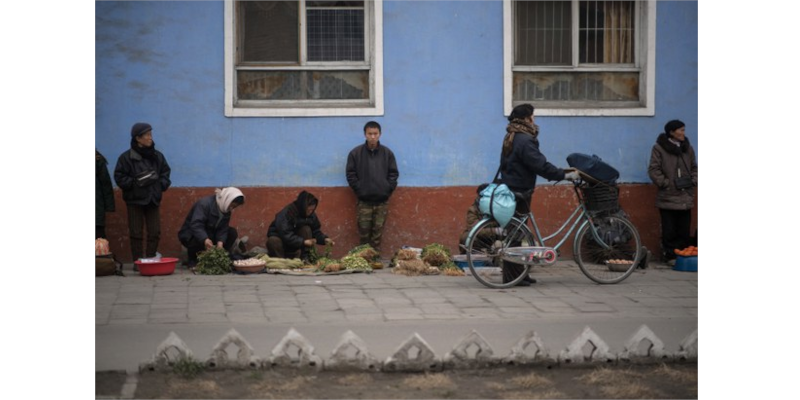
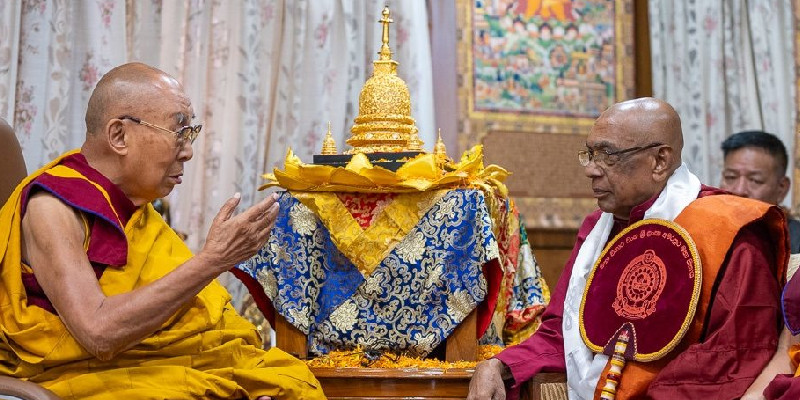
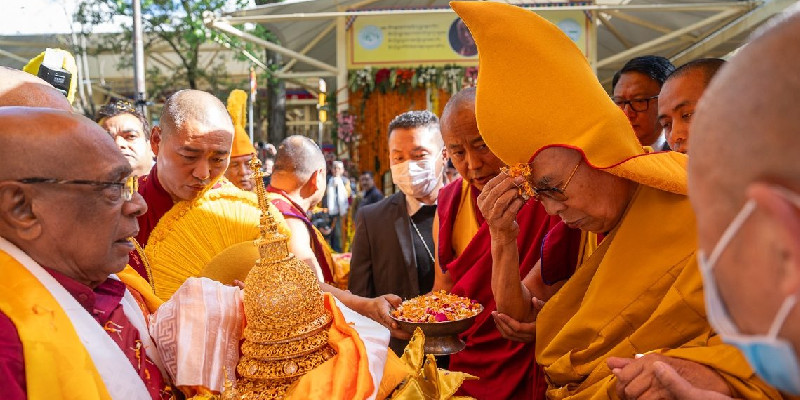
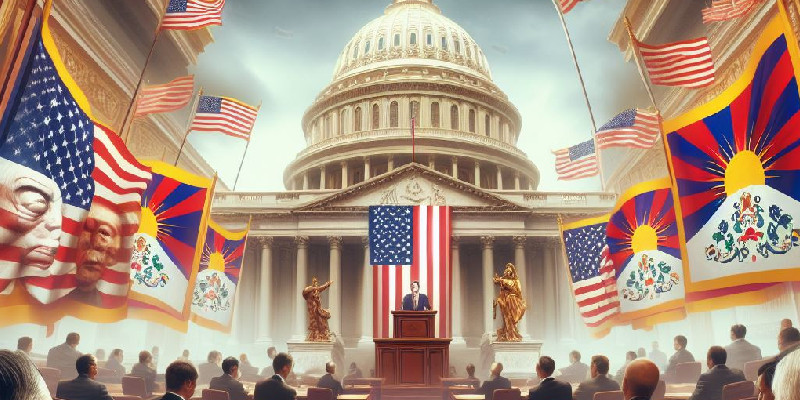

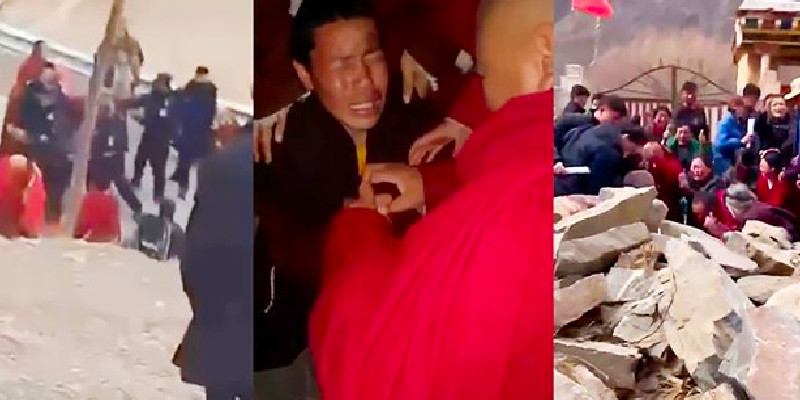
Leave a Reply